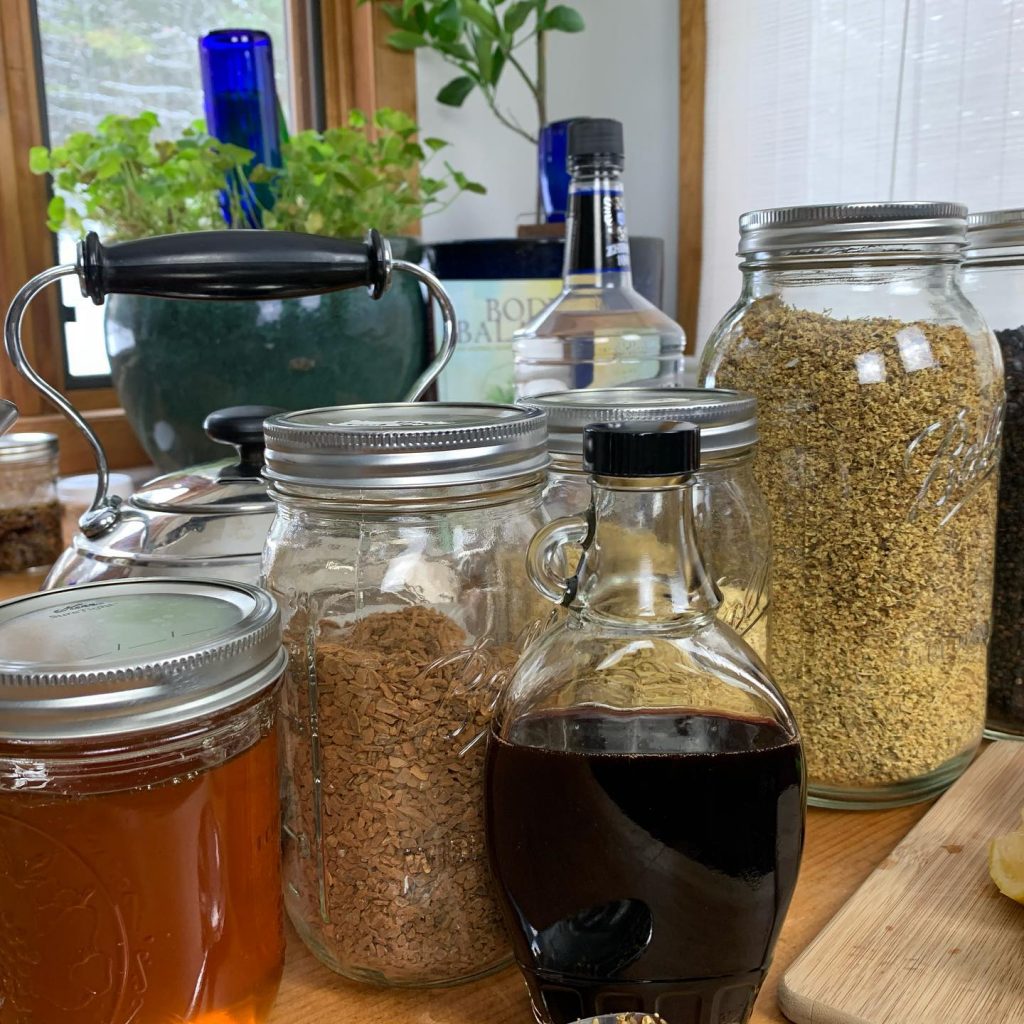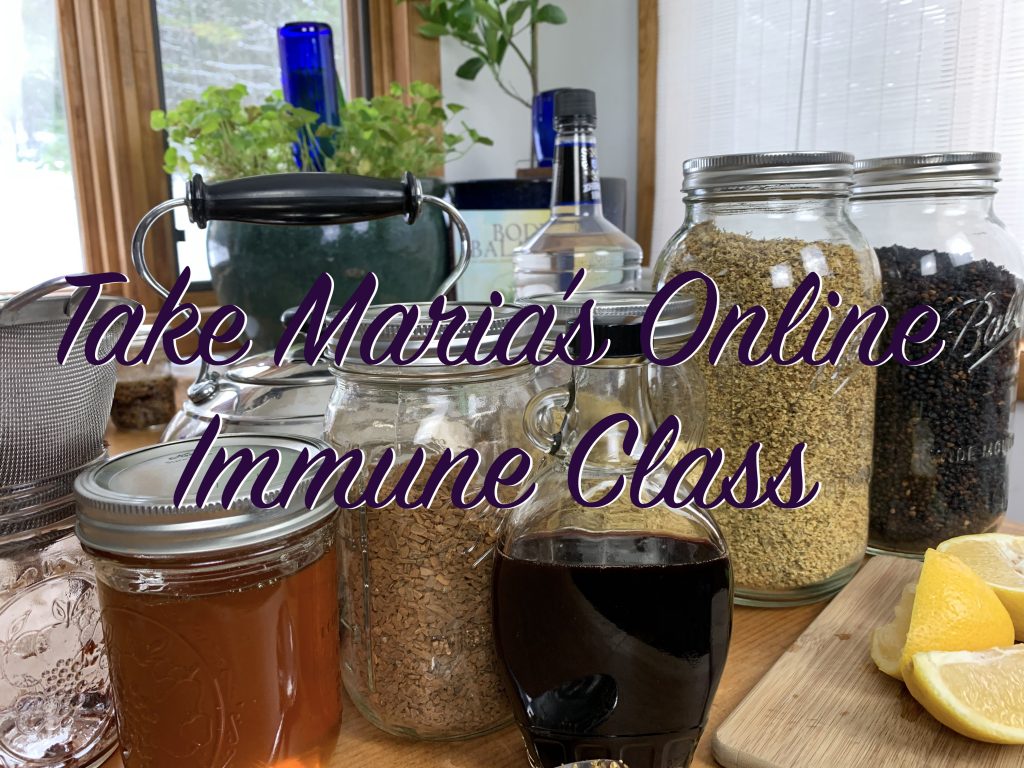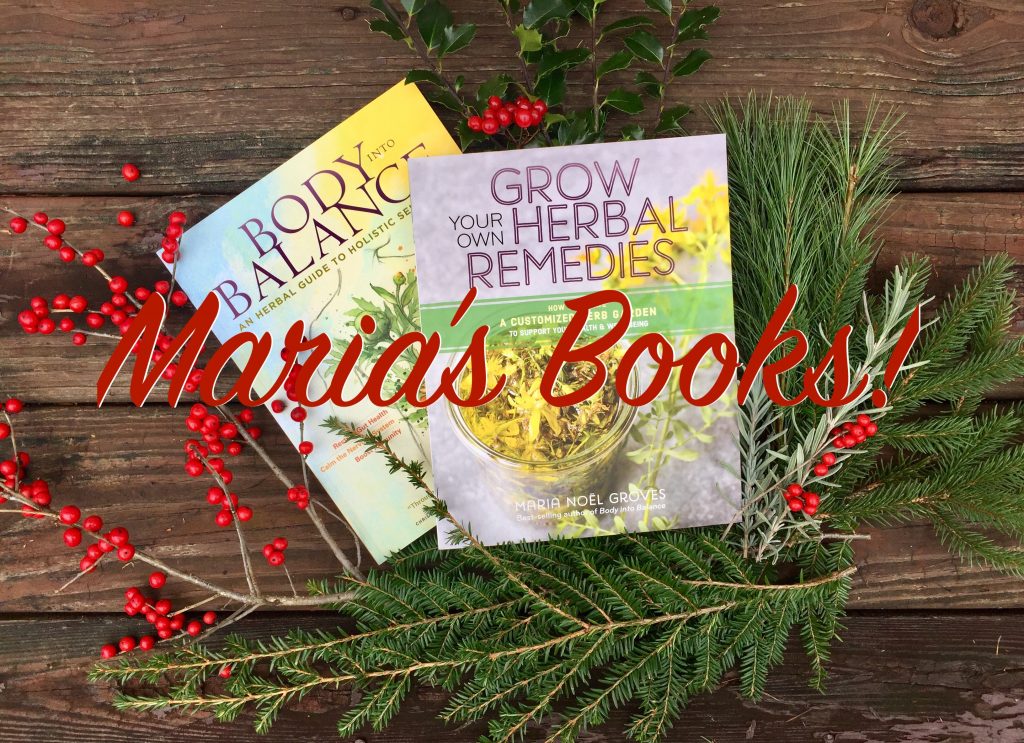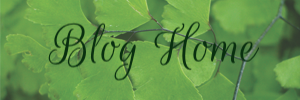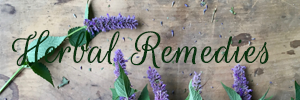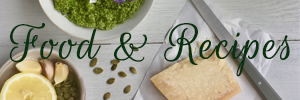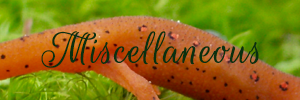For the record, no herb or natural is proven prevent or treat COVID-19. And while we can hope that our typical immune herbs will help (and a few emerging and highly preliminary studies suggest they might), these herbs are not a substitute for urgent medical care (such as for difficult breathing, chest pain, turning blue, persistent diarrhea), nor do they provide any sort of guarantee. (Still wash your hands regularly, maintain social distancing, quarantine, wear a mask if you must be around others.) Also get plenty of rest and fluids. Just one night of sleep deprivation triples your risk of catching the common cold, according to several studies. But since modern medicine has few answers for meaningful viral support beyond vaccines, and most of us are told to weather mild to moderate infections at home, it’s good to have some herbs in your back pocket, or in your tea cup.
Here’s a hub of the many various articles I have speckled across my website and the internet regarding herbs, mushrooms, and food for immune support, and I’ll share with you a few of my favorite tasty and helpful Immune Support Tea Recipes.below. that.
Immune Health Hub
Jump to…
- Immune Resilience Class Webinar Video, Handout & Slides – updated October 2023!
- Rapid-Response Herbs to Support Prevention & Early Stages of Today’s Infections
(Annotated with the latest studies! Fall 2022) - Immune Tea Recipes (also below): Deep Immune Chai, Sweet Tart Elder Tea, Garden Spicy Mint Tea, Lung Tea, Ginger Thermos Tea, The Classic Lemon Green Tea
- Immune Recipes for the Waning Year including Elderberry Syrup, Elder Oxymel, Soups and Stews
- Fire Cider Recipes
- Medicinal Mushroom Remedy Making Tips
- Fungi with Benefits: Mushrooms for Food & Health
- Nourishing Herb & Mushroom Broth
- Resources for Resiliency (My Thoughts on COVID-19 as an Herbalist)
- Elder & Immune Health (Including Cytokine Storm Concerns)
- Elderberry Virtual Herb Walk
- Stay Healthy: Natural Cold & Flu Support Overview
- Choose the Right Immune Herb for Your Needs
- Building Resistance & Resilience (Immune, Stress, Digestion)
- Lung Health Herbs (with links to class/podcast recordings and videos)
- Medicinal Evergreens & Winter Virtual Medicinal Plant Walk
- Essential Oils: Pros, Cons, Facts, Myths & Tips
My Favorite Immune Teas
Play around with what you have on hand and make them your own. I’m always shifting the recipes around myself based on how I feel that day. Wishing you a happy, healthy winter ~
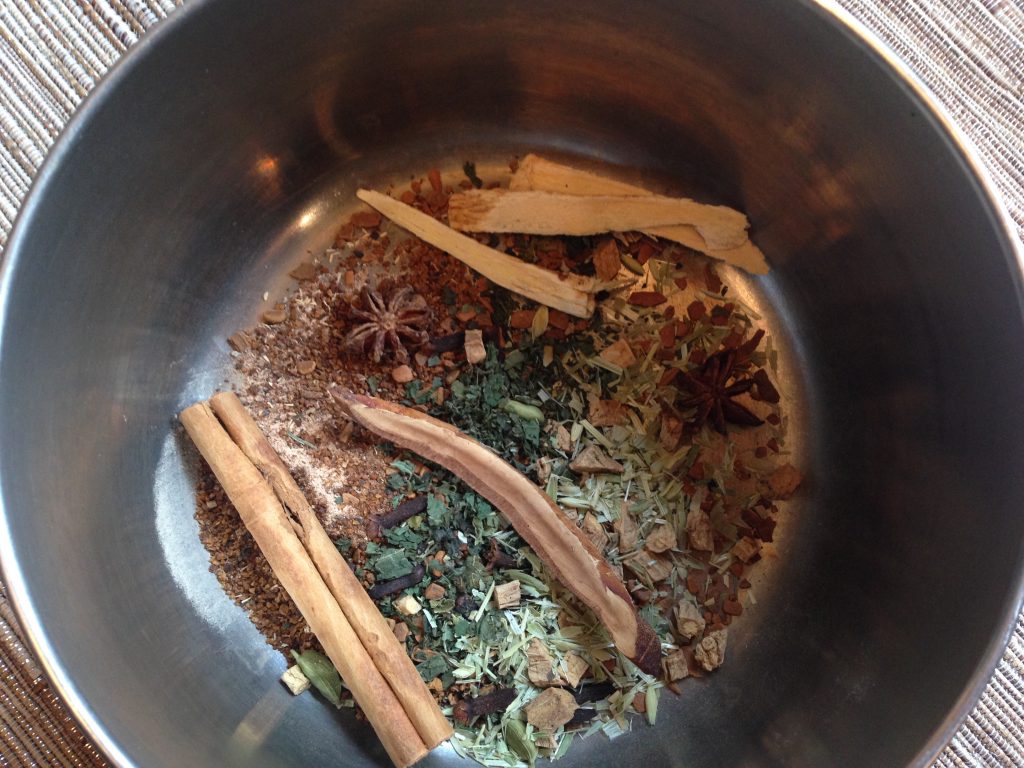
Deep Immune Chai
This naturally decaffeinated chai-inspired blend is great to drink regularly all season. It helps keep your immune system humming to support its ability to fight wintertime infections.
Chai Base (delicious on its own, too!):
- 2 cinnamon sticks
- 7 whole cloves
- 1 star anise pod
- 2 cardamom pods
- Optional – 1 inch ginger, sliced thin (if you like a little extra heat)
- Optional – Whatever else you like to add – pinch of black pepper, nutmeg, vanilla bean, licorice, fennel seeds…
Deep Immune Support:
- 1 tablespoon or 7 slices astragalus
- Optional – 1-2 slices or 1 teaspoon reishi mushroom (slightly bitter)
- Optional – 1 teaspoon codonopsis (optional bitter sweet immune tonic and mildly energizing herb)
- Optional – While chaga is popular and tasty, I’ve stopped using it due to sustainability concerns and because I prefer the medicinal actions of astragalus and reishi anyway. Other nice medicinal mushrooms include turkey tails or birch polypore. The herb astragalus also works well in this chai and offers some immune tonic benefits.
- Optional – Nutritive herbs also work here – nettle, oat straw
- Optional – Oatmeal and/or marshmallow root will offer a subtle sweetness and creaminess
Additionally:
- 12-16 ounces water
- Milk or sweetener to taste, optional
Bring to a gentle simmer, turn to low, and let simmer for 20 minutes. Strain. Add sweetener and creamer if/as desired. It tastes pretty good and is naturally sweet on its own. I’m partial to oat milk and honey or maple syrup, if I’m feeling decadent.
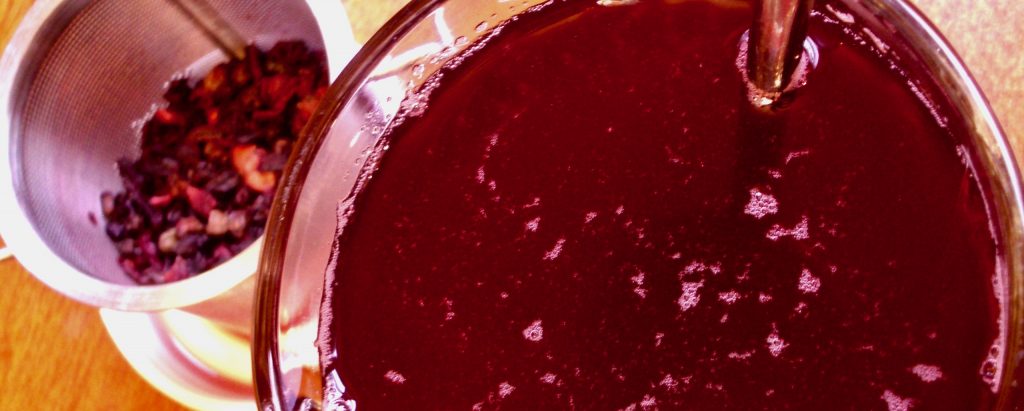
Sweet Tart Elder Tea
This vivid red tart, fruity tea soothes sore throats and helps fend off viral infections. While you can enjoy it at any time, it’s particularly well suited for the earliest onset or exposure of an infection.
- 2 heaping teaspoons hibiscus
- 1 heaping teaspoon elderberries
- Optional – 1 heaping teaspoon schizandra berries (deep immune support, sour and bit peppery)
- Optional – 1 scant teaspoon butterfly blue pea flower (for color and more antioxidants)
- 16 ounces boiling water
- 1 tablespoon+ honey or other sweetener to taste (this is much more throat-soothing and tasty with sweetener)
Steep for five minutes (or as long as you’d like), strain, sweeten.
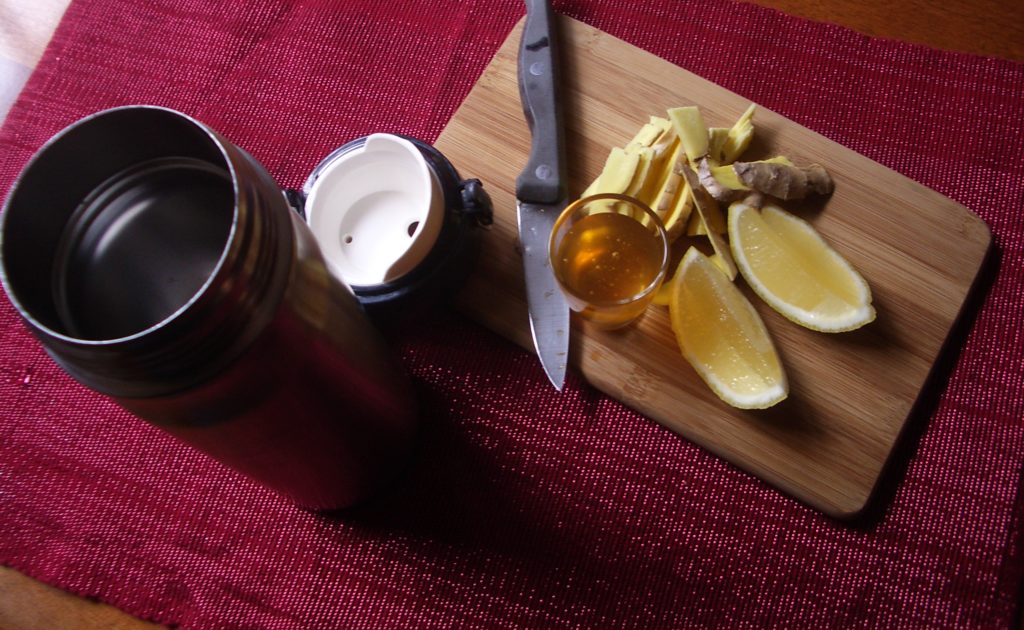
Ginger Thermos Tea
One of my main go-tos when I start to feel sick and have a sore throat. Spicy ginger and honey soothe sore throats and coughs, warm the body, break fevers, quell nausea, and boost digestion and fight stomach bugs. Add thyme for lung issues like chest congestion and mucus.
- 1-inch chunk fresh ginger, thinly sliced or grated* (no need to peel)
- 2 lemon wedges
- Optional – 2 sprigs fresh (or 1 teaspoon) dry thyme
- 1 tablespoon honey to taste (optional)
- 16 ounces boiling water
Place herbs and honey in a 16-ounce thermos, pour boiling water to top, cover, and let steep for one hour. (*Grated ginger is ready in 15 minutes without insulation, but it will need to be strained. Sliced ginger is best for a thermos so the water stays hot enough to extract it.) If you avoid honey or sweetener, then you may prefer a little less ginger so it isn’t overpowering.
The Classic Lemon Green Tea
Green tea research shows promise for preventing and treating viral infections.
- 1 teaspoon quality green tea (or black tea, if you prefer, decaf is ok, too)
- 1 lemon wedge
- 16 ounces near-boiling water
- Honey to taste, optional
Steep for two minutes, strain, and sweeten.
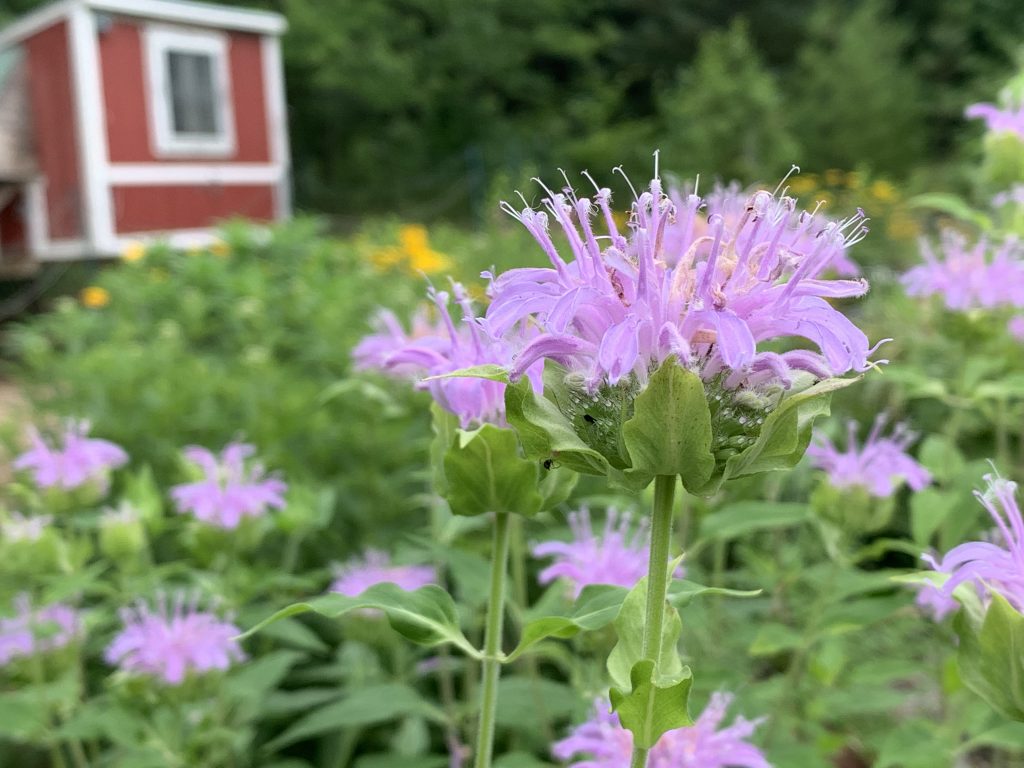
Garden Spicy Mint Tea
These herbs are easy to grow but nearly impossible to buy. You can substitute oregano and spearmint. Oregano and bee balm (Monarda spp) contain essential oils that fight respiratory infections and warm the body, and mint softens their bite.
- 2 heaping teaspoons bee balm leaves and/or flowers
- 1 heaping teaspoon apple mint
- 16 ounces boiling water
- Honey to taste, optional
Steep for 15 minutes, strain, sweeten.
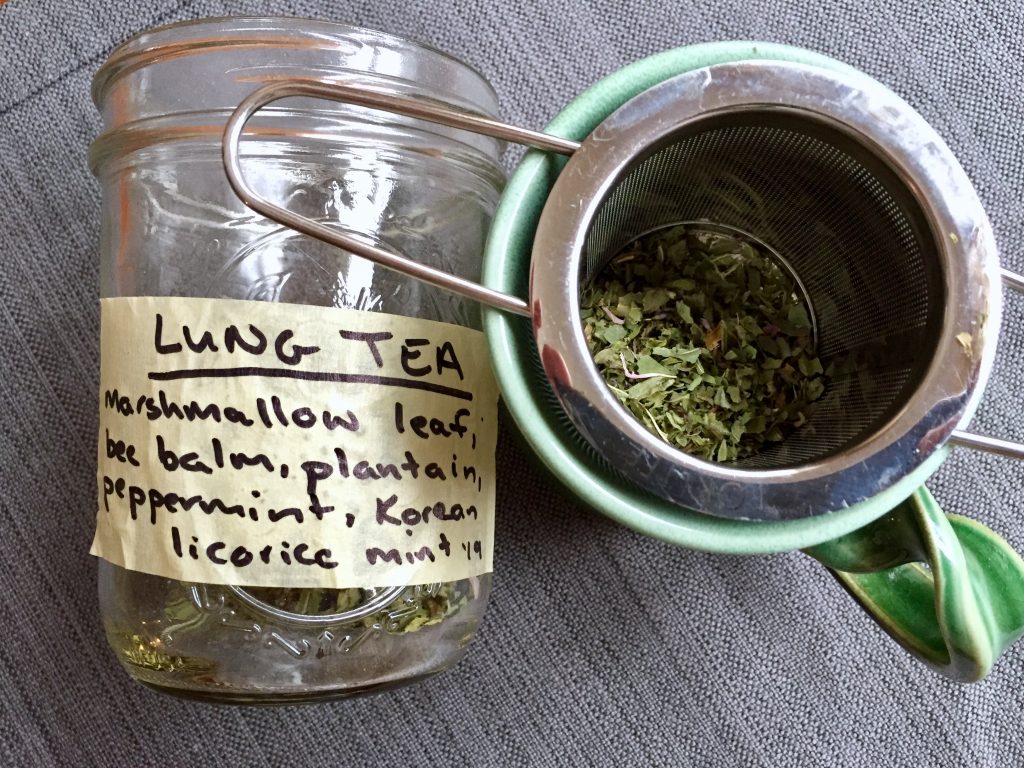
Aromatic Lung Tea (& Steam)
This tasty blend helps open the lungs and break up congestion. You can inhale it as a steam as it steeps, then drink it as a tea. It’s delicious with or without sweetener.I shift the ingredients based on what I’ve got on hand and am feeling like, but the general theme is this something oregano/thyme-y, something fennel-y, something minty, something soothing (like marshmallow and/or plantain leaf) to balance it. Additional uses of this tea is to stimulate digestion and swish or gargle in the mouth or use topically as an antimicrobial.
- 2 heaping teaspoons bee balm (Monarda fistulosa or similar) (or a mix of oregano and/or thyme)
- 1 heaping teaspoon peppermint
- 1 heaping teaspoon Korean licorice mint (or fennel seeds, anise seeds, Anise hyssop, or perhaps 1 star anise pod)
- 1 heaping teaspoon marshmallow leaf (soothing, moistening, balancing; or use marshmallow root)
- 1 heaping teaspoon plantain leaf (soothing, moistening, balancing, antimicrobial)
Steep in 16 ounces of boiling water for about 10 minutes or as long as you like. Enjoy inhaling the steam as it steeps.
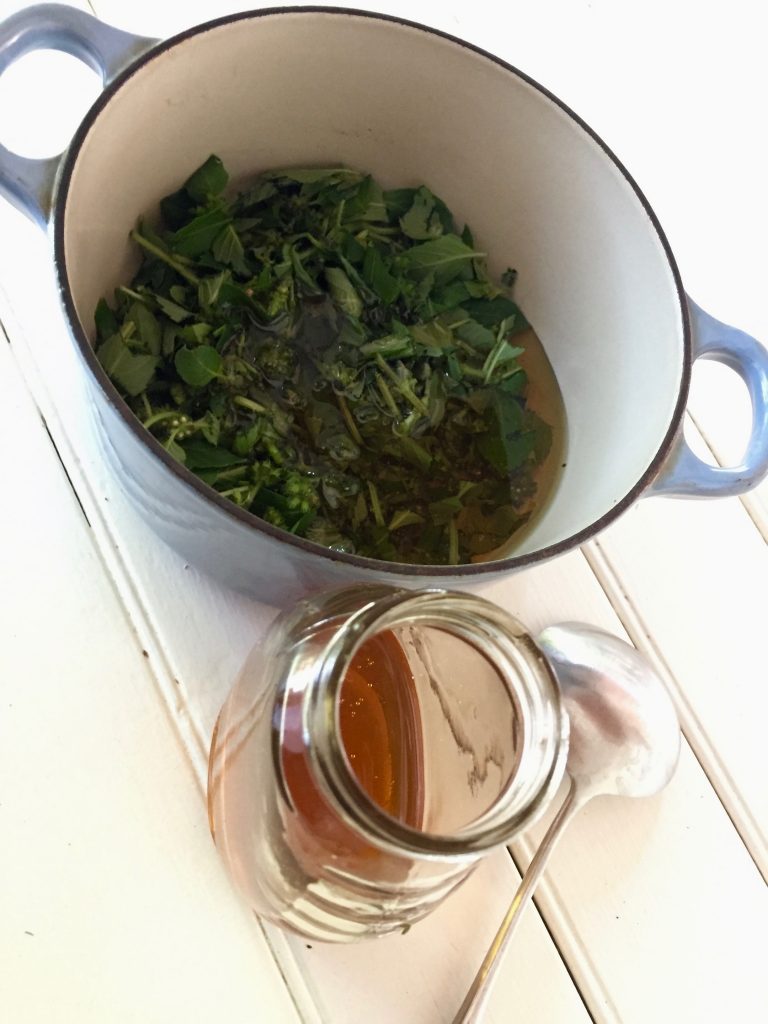
To Sweeten or Not to Sweeten?
Sugar of any kind dampens immune function and is generally best avoided. However, honey specifically soothes sore throats and quells coughs while making teas more palatable for finicky taste buds. Adding honey or other sweetener to tea also makes it easier on sensitive stomachs — many of these teas do lower blood sugar and stimulate digestion, which might not feel good if you’ve got an empty stomach.
To Learn More ~ Also Check Out…
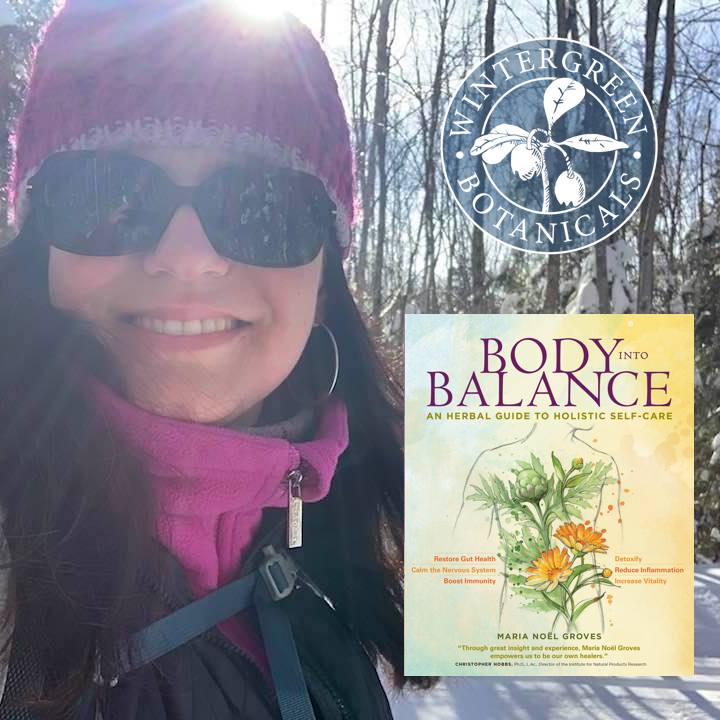
Clinical herbalist Maria Noël Groves sees clients and teaches classes at Wintergreen Botanicals Herbal Clinic & Education Center in Allenstown, New Hampshire.
The statements made on this blog have not been evaluated by the FDA and are not intended to diagnose, prescribe, recommend, treat, cure, or offer medical advice. Please see your health care practitioner for help regarding choices and to avoid herb-drug interactions.
Latest Update: October 4, 2022

